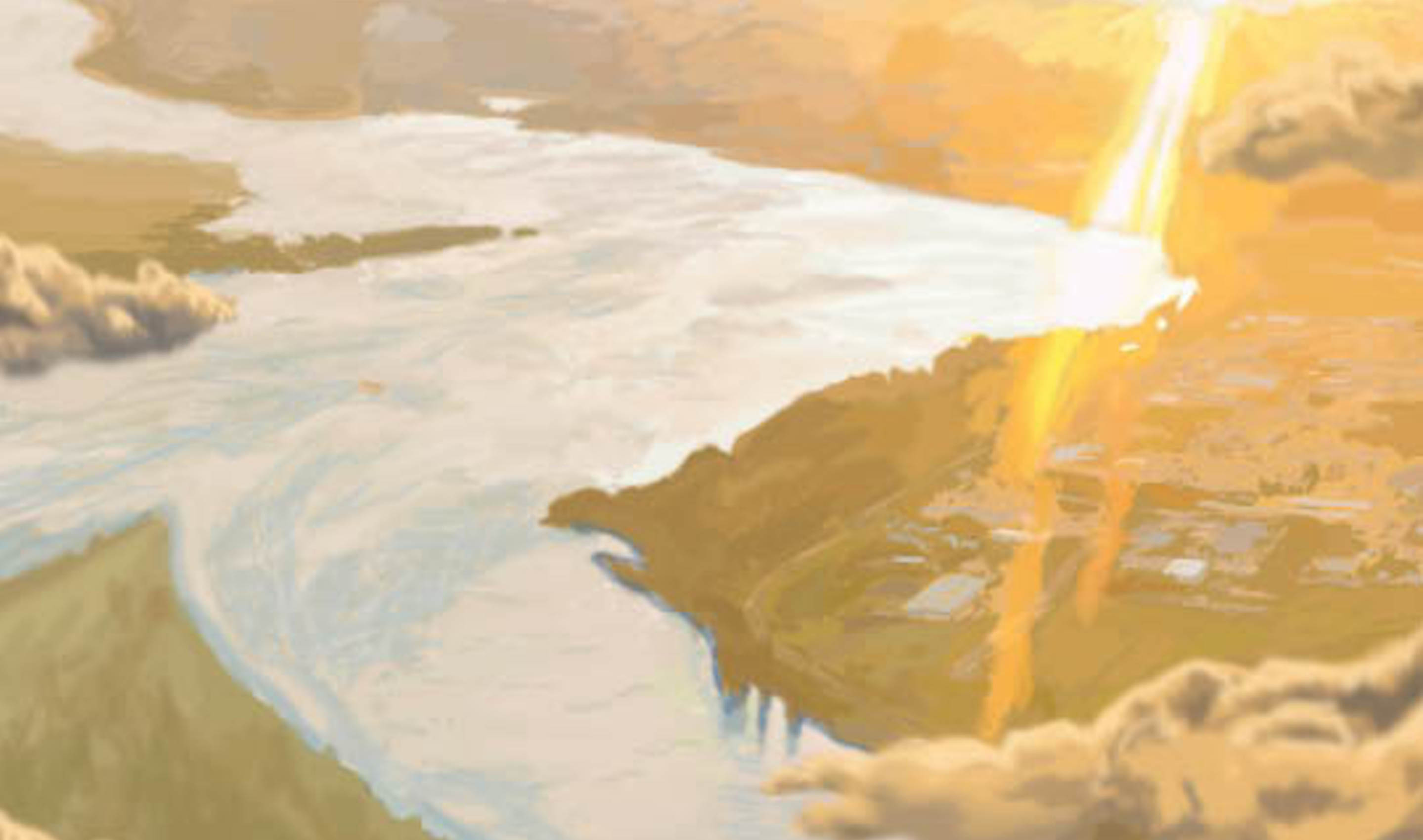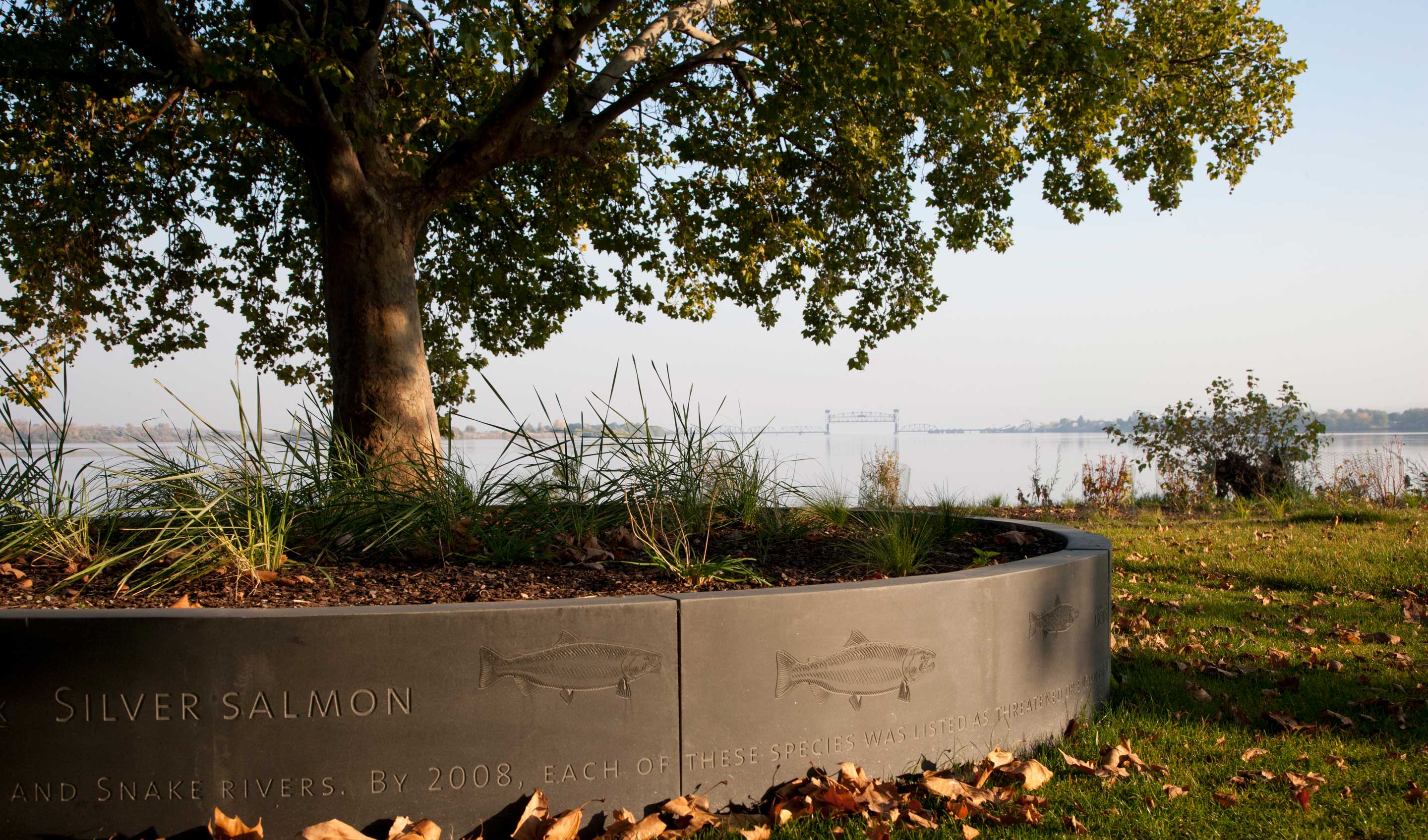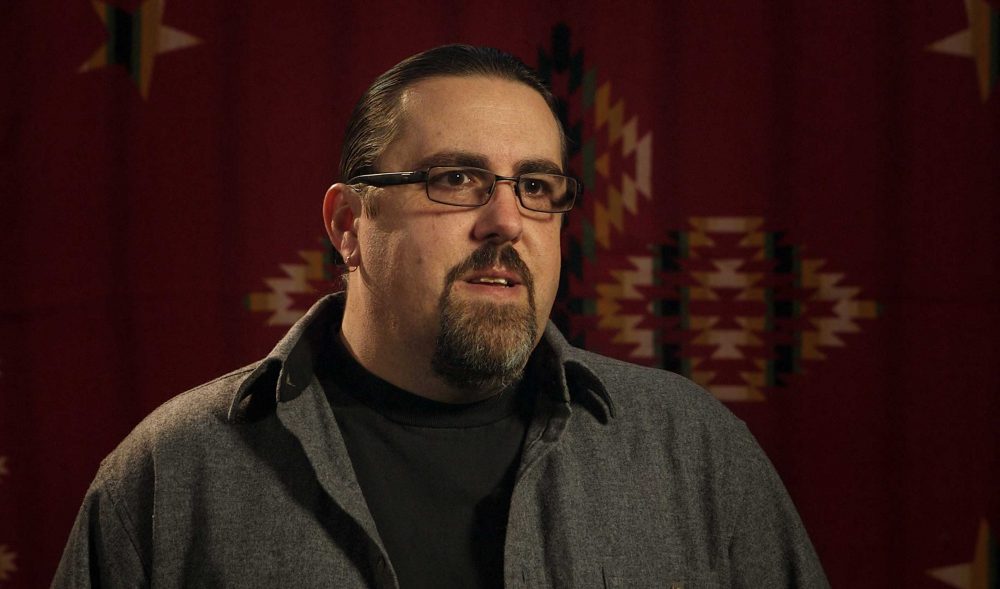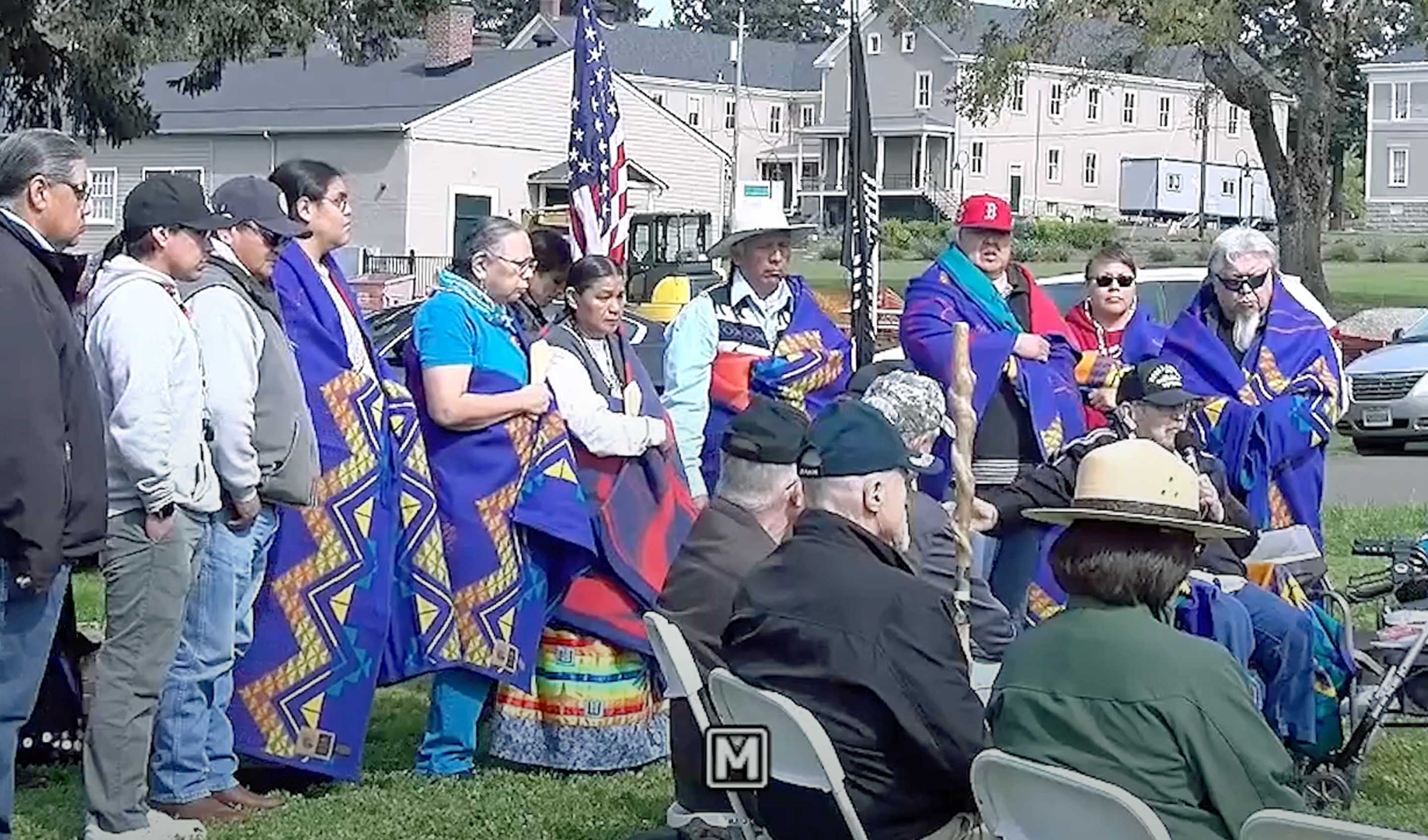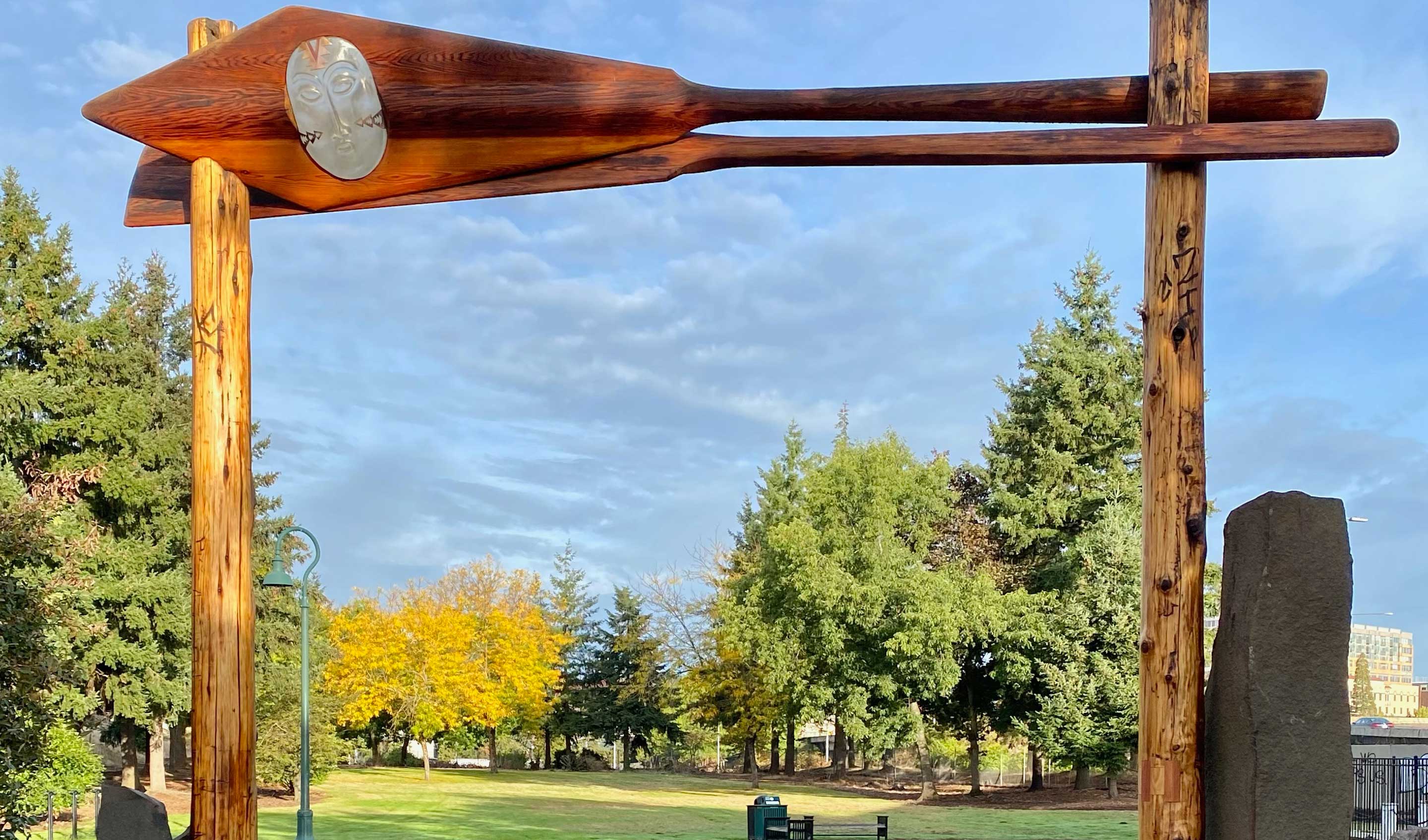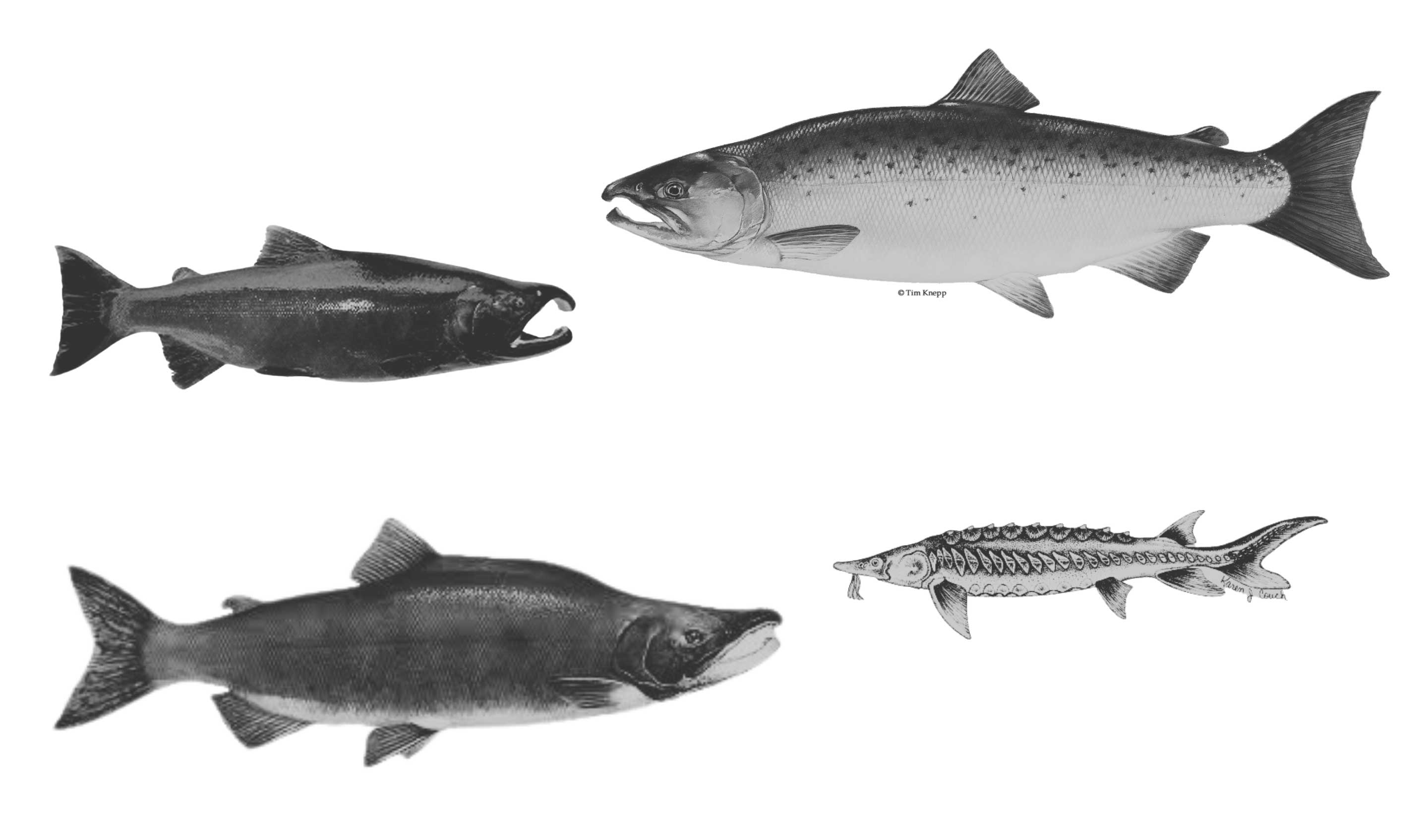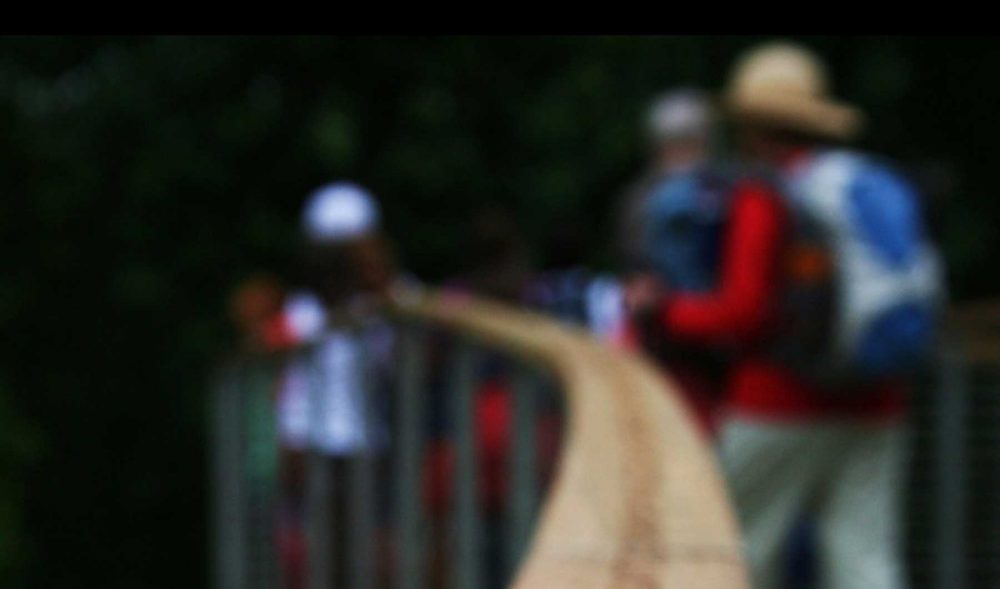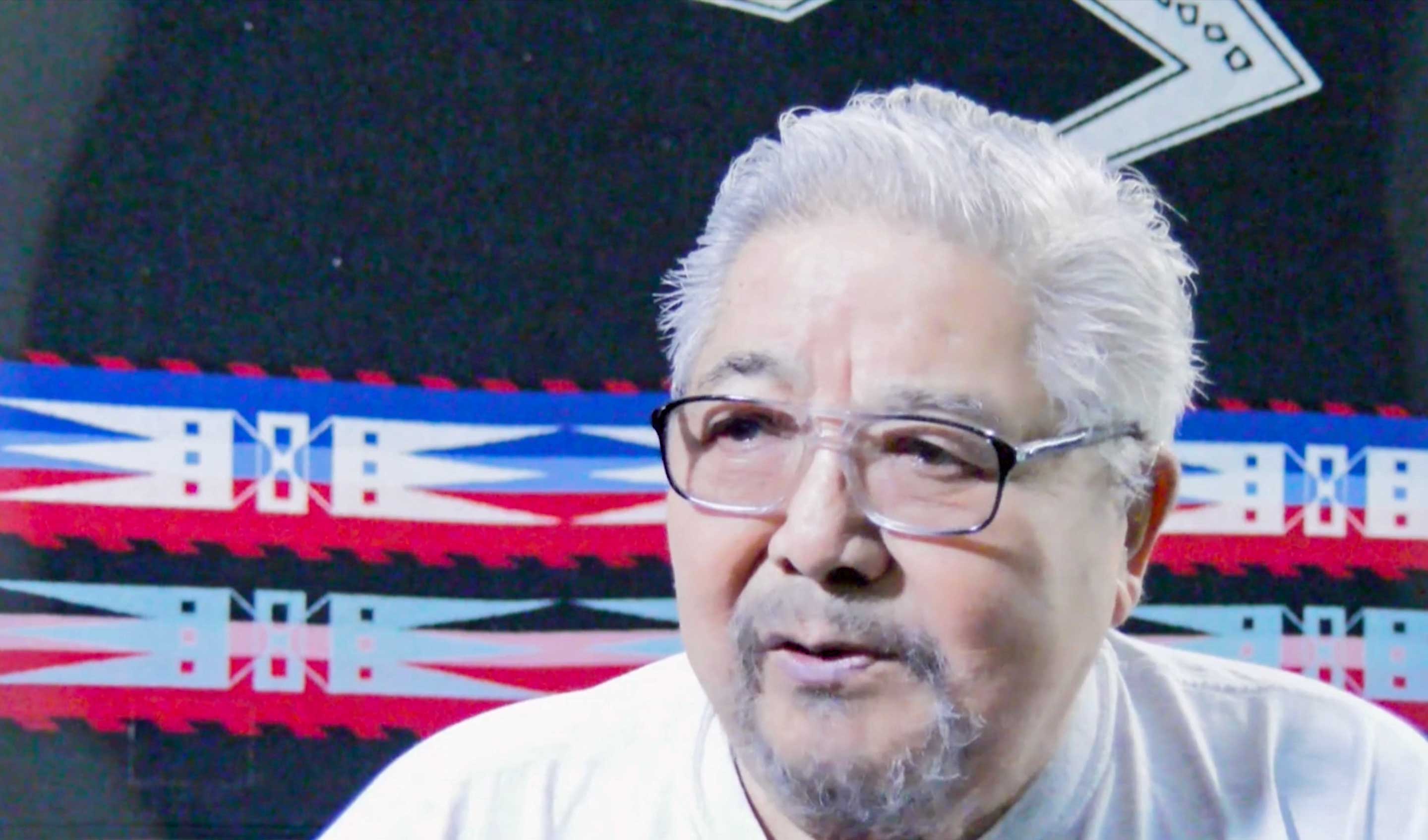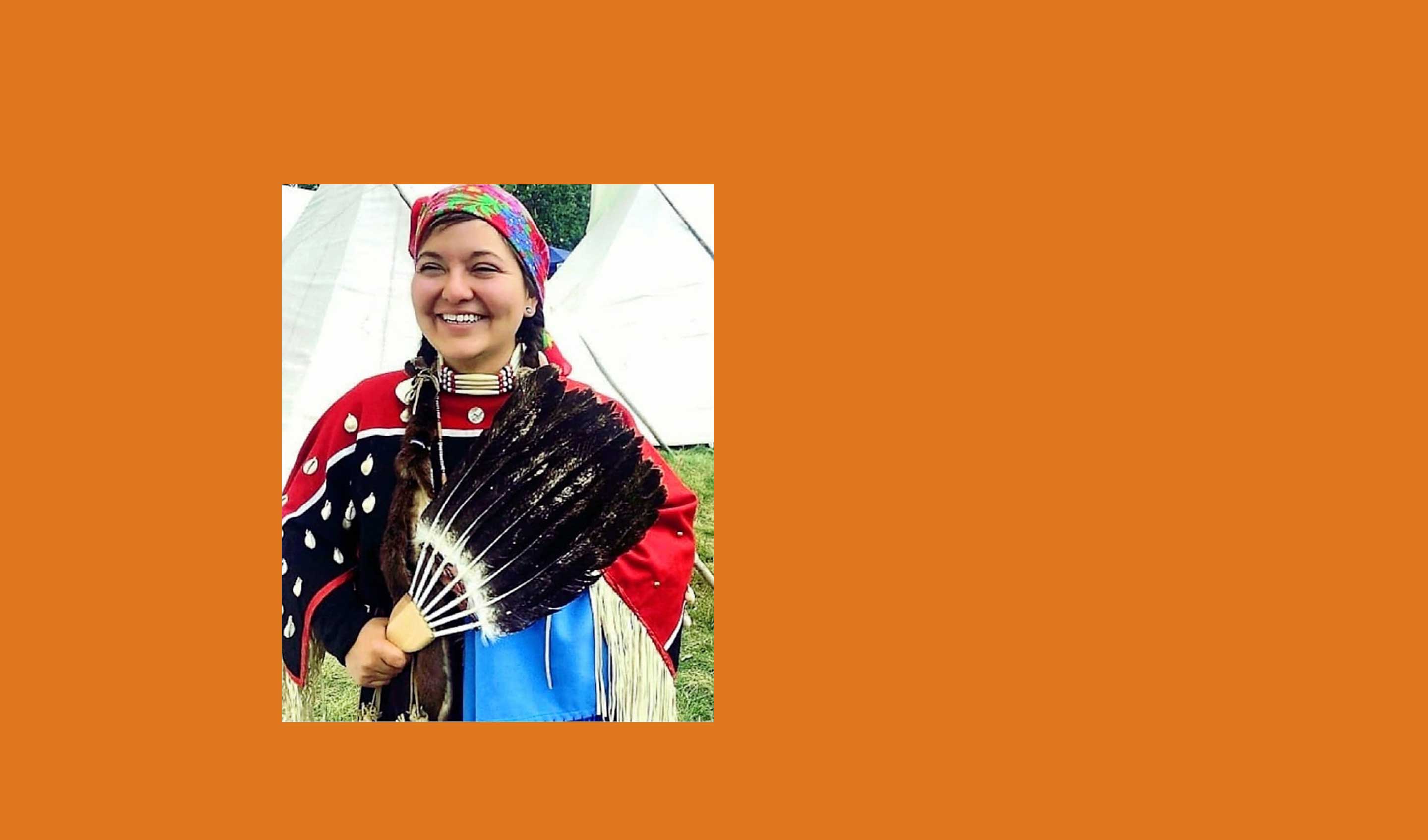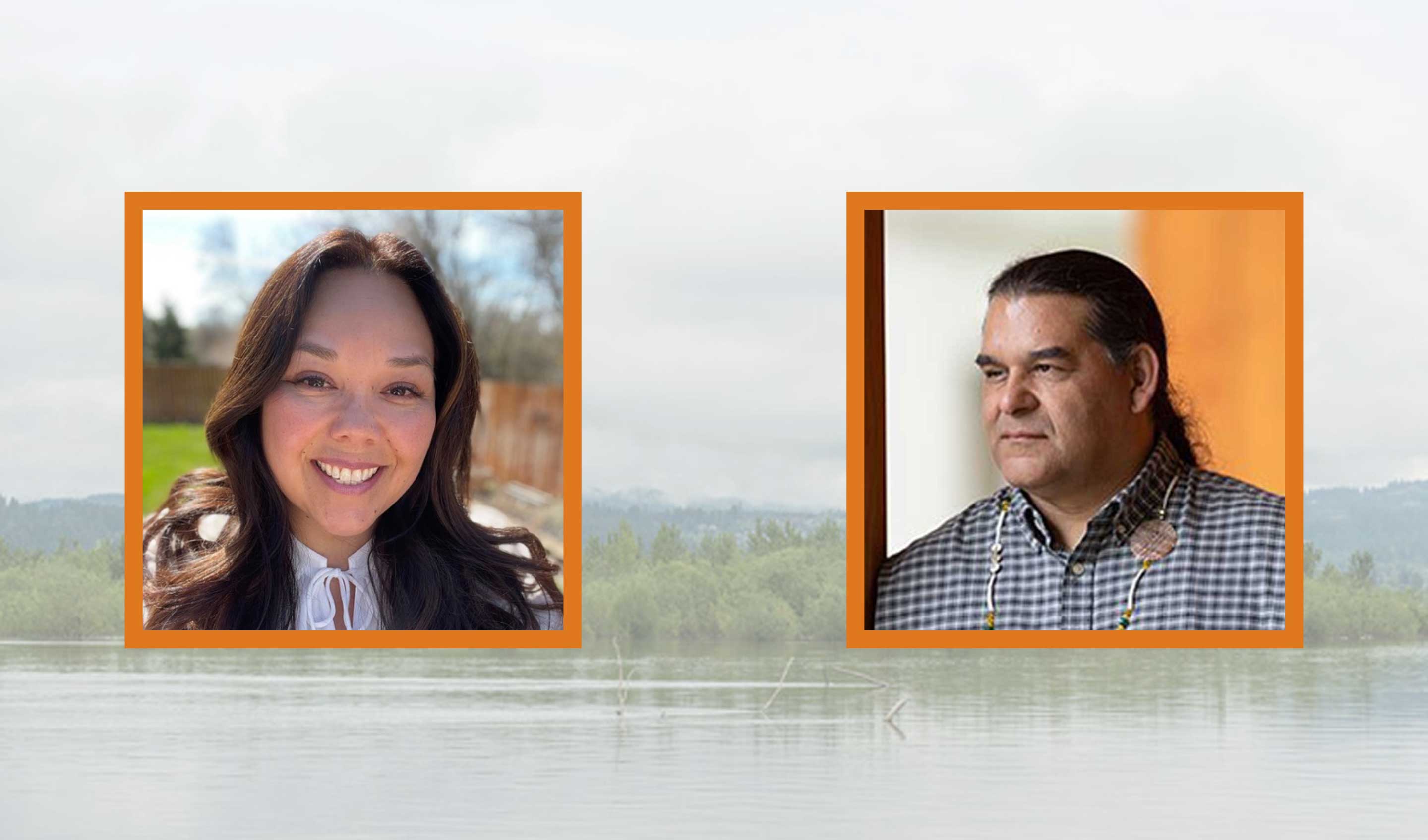Confluence Library
Welcome to the inaugural issue of Confluence’s Voices of the River journal! As Digital Content Manager at Confluence, I have had the honor of acting as the managing editor for this publication.
Historians, like Alice in her Adventures in Wonderland, tend to fall down rabbit holes. At least that’s what it feels like sometimes, getting lost in research into one period or people or historical event. In this episode of the Confluence podcast, we hear from a group of historians musing on their experiences going down rabbit holes in their study of Indigenous history.
In this episode, we’re reaching into the Confluence Library to hear an interview with Tony Johnson, the Chairman of the Chinook Indian Nation. He describes how his Tribe has been working for decades to win federal recognition and what it means to him to be Chinook.
Confluence was honored to be part of the annual Redheart Ceremony on April 23rd, which occurs every year in April in Vancouver, WA. You can watch the event recording here.
Curious about how Confluence got started? Want to explore our five completed art landscapes? Interested in the work we’re doing in schools? Check out this recorded event!
For Native people of the Columbia River system, knowledge about salmon has been passed down through the generations, since time immemorial. Fish are intertwined with River Peoples’ past, present, and future. This article highlights several important subjects and resources, along with how seven fish of the Nch’i Wāna (Columbia River) are intertwined with tribal identity.
Greg Archuleta (Grand Ronde) prepared this report on First Foods at the Sandy River Delta, where the Confluence Bird Blind is located, for the Sandy River Watershed Council.
Max Corpuz, a Yakama fisherman, talks about the important of fishing, heritage, and Celilo.
In this episode, we get to hear traditional stories from Ciarra Greene (Nimiipuu/Nez Perce Tribe). Her academic background is in chemistry and environmental science.
Today on the Confluence Podcast, two members of Northwest Indigenous nations, David Lewis and Teara Farrow Ferman discuss the history of the Columbia watershed and new efforts to improve wildlife habitat and water quality

